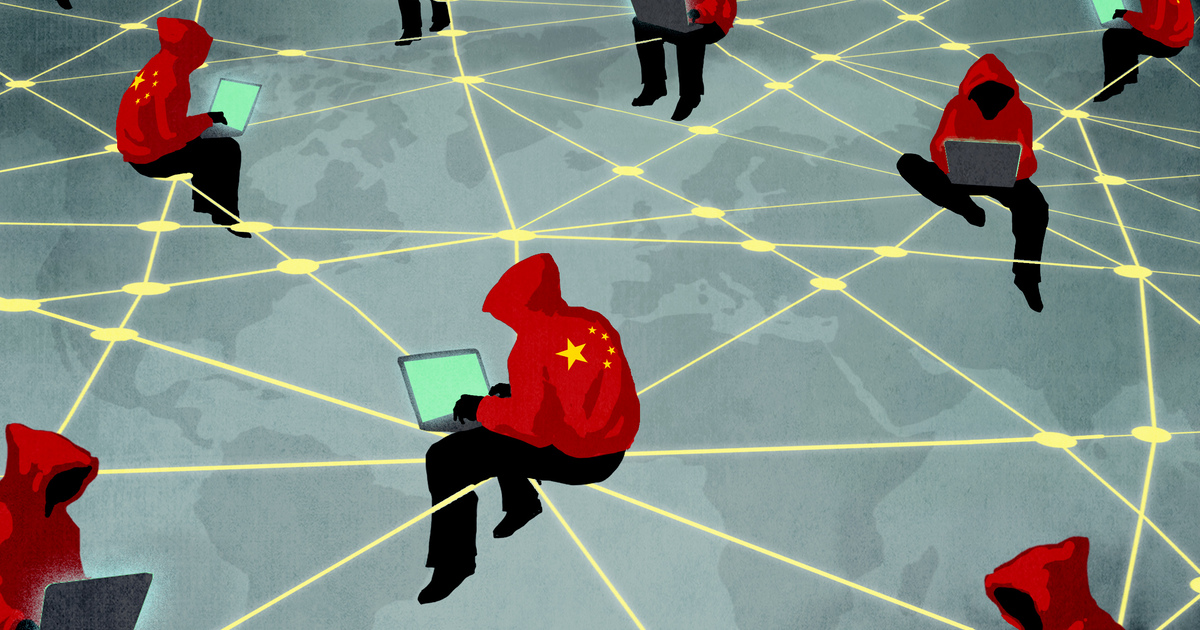In recent developments, T-Mobile, one of the largest telecommunications providers in the United States, has faced a significant cybersecurity breach.
Reports suggest that this attack may be linked to Chinese state-sponsored hackers, raising concerns about national security and the vulnerabilities of critical infrastructure.
This article delves into the details of the T-Mobile hack, its implications, and how organizations can protect themselves against similar threats.
The T-Mobile Hack: What Happened?
The breach was first detected when suspicious activity targeted T-Mobile’s internal systems. According to preliminary investigations, the attackers gained unauthorized access to sensitive customer and corporate data. The breach, which reportedly affected millions of customers, underscores the increasing sophistication of cyberattacks and the heightened risk posed by state-sponsored groups.

What Was Stolen?
The stolen data includes:
- Personal Information: Names, phone numbers, email addresses, and billing details.
- Corporate Data: Potentially sensitive internal documents and network configurations.
While T-Mobile has assured customers that no financial information, such as credit card numbers, was compromised, the exposed data still poses significant risks for identity theft and phishing attacks.
Chinese State-Sponsored Hackers: A Growing Threat
State-sponsored hackers, particularly those linked to China, have become notorious for their targeted attacks on critical sectors, including telecommunications, finance, and government. These groups are believed to have substantial resources and advanced tools at their disposal, enabling them to bypass even the most robust security measures.
Motives Behind the Attack
- Espionage: Access to telecommunications networks can provide valuable intelligence, including the ability to track individuals.
- Economic Disruption: Compromising a major U.S. corporation weakens trust in its services and the broader economy.
- Geopolitical Leverage: State-sponsored attacks are often part of broader efforts to assert dominance in cyber warfare.
Implications for T-Mobile and Its Customers
For T-Mobile
- Reputational Damage: Frequent breaches can erode customer trust and loyalty.
- Financial Losses: Costs related to remediation, legal actions, and potential fines under data protection laws.
- Regulatory Scrutiny: Increased oversight from federal agencies and stricter compliance measures.
For Customers
- Identity Theft Risks: Exposed personal data can be used for fraudulent activities.
- Phishing Scams: Cybercriminals can exploit leaked information to craft convincing scams.
- Loss of Privacy: The breach highlights the potential misuse of personal and corporate data.
How T-Mobile Is Responding
T-Mobile has initiated a comprehensive investigation and is working closely with cybersecurity experts and federal authorities. The company has also:
- Offered free identity theft protection services to affected customers.
- Implemented additional security measures to prevent future breaches.
- Issued public statements to keep customers informed about ongoing developments.
Protecting Yourself Against Data Breaches
For customers concerned about their data security, the following steps are recommended:
- Change Your Passwords: Use strong, unique passwords for your T-Mobile account and other online services.
- Enable Two-Factor Authentication (2FA): This adds an extra layer of security to your accounts.
- Monitor Your Accounts: Regularly review bank statements and credit reports for suspicious activity.
- Beware of Phishing Scams: Be cautious of unsolicited emails or calls asking for personal information.
Final Thoughts
The T-Mobile hack linked to Chinese state-sponsored hackers underscores the urgent need for enhanced cybersecurity measures across industries. As state-sponsored attacks become more prevalent, companies must prioritize securing their networks, while individuals must remain vigilant about protecting their data. This incident serves as a stark reminder that in today’s digital age, no organization or individual is immune to cyber threats.
Key Takeaways:
- The T-Mobile hack has been linked to Chinese state-sponsored hackers, potentially compromising millions of customers’ data.
- Sensitive personal and corporate information was exposed, posing risks of identity theft and phishing scams.
- Both companies and individuals must adopt proactive cybersecurity practices to mitigate the risks of such attacks. For more 5g Internet information check the internetgainer.



